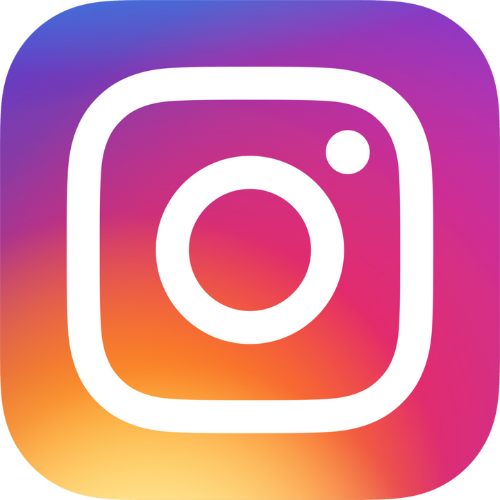A Follower growth report should include metrics such as visibility (number of impressions, reach), engagement (likes, comments, shares), and conversion metrics (number of users who followed). This data should be segmented by campaign (e.g., social media ad campaign), channel (e.g., Facebook, Instagram), audience (e.g., age groups, gender), content type (e.g., images, videos), objective (e.g., awareness, lead generation), and date (e.g., monthly, weekly). For example, the report may show the number of impressions per campaign, engagement rates per channel, and the conversion rate of different content types.
To analyze follower growth data, first choose visibility metrics such as impressions, reach, and views to understand the overall exposure of your content. Engagement metrics like likes, comments, and shares can indicate the level of audience interaction. Conversion metrics like click-through rates and new follower acquisition rates provide insights into the effectiveness of your campaigns. Next, add context by comparing metrics against cost, date range, goals, and industry benchmarks. For example, compare the cost per new follower acquisition rate in your current campaign against the industry average. Then segment the data by campaign, channel, audience, content, objective, and date to identify patterns and optimize future strategies. For instance, analyze follower growth based on specific content types (e.g., images, videos) or objectives (e.g., brand awareness, lead generation) to determine their impact on audience growth.
To build a follower growth dashboard, 1) connect your social media accounts and data sources such as Facebook, Twitter, or Instagram. 2) Select metrics like new followers, unfollows, and net follower growth to monitor performance. 3) Segment data by campaign, channel, audience, or date to understand which strategies are most effective. For example, break down data by a specific product launch campaign or a particular customer demographic. 4) Add filters or buttons for interactivity, such as a date range filter or a button to switch between different social media platforms. 5) Share your dashboard via PDF, scheduled emails, or links to relevant team members or stakeholders.
A Follower Growth Dashboard is a visual representation of key metrics that track the growth and engagement of a business’s social media followers. It is significant for businesses as it helps them understand their audience, track their social media performance, and strategize their marketing efforts. Tools like Looker Studio, Google Analytics, and Hootsuite are commonly used to create these dashboards, which typically include elements like follower count, engagement rate, and demographic data. Real-time data monitoring is crucial as it allows businesses to react promptly to changes in follower behavior. For a detailed guide on creating a marketing dashboard using Looker Studio, visit our YouTube channel: https://www.youtube.com/@porter.metrics.
Can I download this template in PDF?

 Impressions
Impressions Reach
Reach Likes
Likes Comments
Comments Video Views
Video Views Pins
Pins Search Views
Search Views